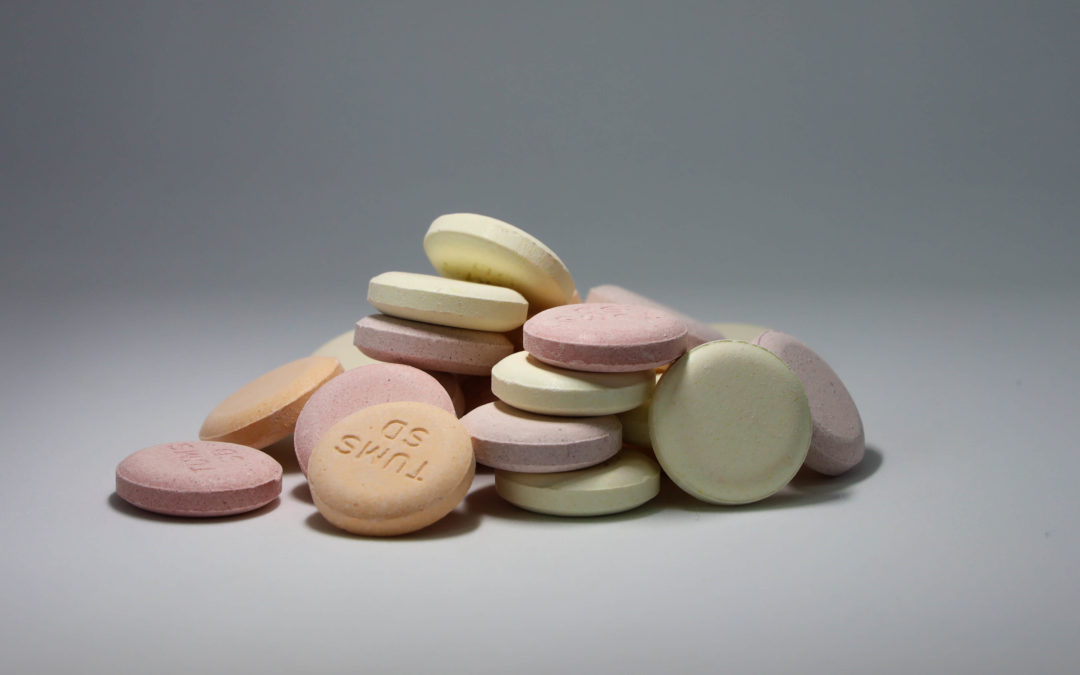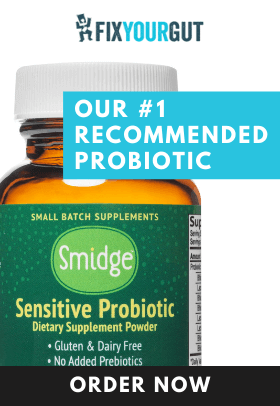According to the American College of Gastroenterology1, sixty million Americans experience heartburn at least once a month, and fifteen million Americans experience heartburn every single day. That’s a lot of people! When looking for relief from your heartburn, taking an antacid like TumsTM might provide temporary relief, but is the damage that it could cause worth it?
The first misconception to clear up is that too much stomach acid causes heartburn. It doesn’t. The stomach acid may irritate the lower esophagus (as well as spicy food), but that is the effect, not the cause. Instead of prescribing antacids, why don’t doctors ask: How is the acid traveling up into the lower esophagus in the first place?
When we eat a meal, food enters the mouth, then swallowed into the throat (pharynx) as it travels down the upper esophagus into the lower esophagus, passing through the lower esophageal sphincter (LES) into the stomach. Muscles and gravity assist with this process and the sphincters open and close to keep the foodstuffs where they belong. If the sphincters do not close back up after the food passes, contents from the stomach could come back up and irritate the tissues.
Why does the lower esophageal sphincter (LES) malfunction? The LES is regulated by gastric pressure (the “fullness” of the stomach), and the pH of the gastric fluid. When gastric pH is low (more acidic), it creates a signal for the LES to close.2 If the gastric pressure becomes too great, it puts pressure on the LES allowing the content of the stomach to reflux back into the esophagus. Taking a TumsTM raises the pH of the stomach neutralizing some of the acid, so people who take antacids might have their heartburn temporarily alleviated, but that will usually end up with more reflux because of how the LES operates.
When someone experiences heartburn, they have two problems to solve: 1) not enough acid in the stomach, and 2) too much gastric pressure. Many people do not make enough stomach acid, some people overeat, and a lot of people have excess gas in the stomach produced by bacteria.
Lots of Food in Stomach + Gas + Not Enough Stomach Acid = Heartburn
How does TumsTM factor into this? The active ingredient in TumsTM is calcium carbonate (a base). When TumsTMreacts with stomach acid, it neutralizes the acid and creates more gas in the stomach. Here’s what the chemical reaction looks like:
CaCO3 (TumsTM) + 2HCL (stomach acid x 2) = CaCl2 (a salt) + CO2 (gas) + H2O (water)
Every molecule of TumsTM neutralizes two molecules of stomach acid and produces calcium chloride (a salt), and carbon dioxide (a gas). Now, if we think about the factors that regulates the LES, you’ll see why taking TumsTM could be damaging. It’s raising the pH of the stomach, and producing more gas, which creates more gastric pressure. This is adding to the cause of the heartburn, and only treating the irritation.
If you take TumsTM, please have a conversation with your doctor and try to reduce gastric pressure by eating smaller meals, reducing the number of bacteria that are creating gas and inflating your stomach, and making sure that you are producing enough stomach acid (or taking a supplement).






